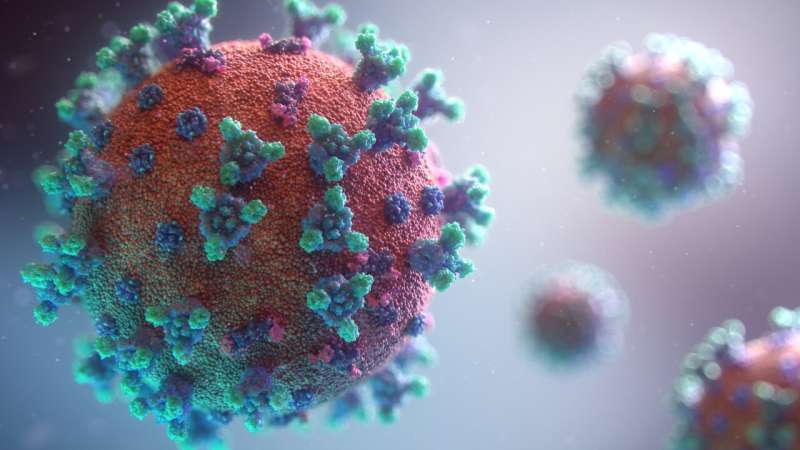Autism Spectrum Disorder and Risk of Developing Parkinson's Disease

A groundbreaking study reveals that individuals with autism spectrum disorder face a fourfold increased risk of developing Parkinson's disease early in life, highlighting shared biological mechanisms and the importance of long-term health monitoring.
Recent research from the Karolinska Institutet has uncovered a notable link between autism spectrum disorder (ASD) and an increased likelihood of developing Parkinson's disease at an early age. Published in JAMA Neurology, this large-scale study analyzed data from over two million individuals born in Sweden between 1974 and 1999, tracking their health from age 20 until the end of 2022.
The findings reveal that individuals diagnosed with autism are four times more likely to be diagnosed with Parkinson's disease compared to those without ASD. Importantly, this association persisted even after adjusting for factors such as socioeconomic status, genetic predispositions, and other mental health conditions. The researchers hypothesize that both conditions may share underlying biological mechanisms, particularly involving the brain's dopamine system, which influences both social behavior and motor control.
Dopamine-producing neurons degenerate in Parkinson's disease, leading to motor symptoms like tremors and rigidity. While dopamine's role in autism has been suggested before, further research is required to fully understand the connection. The study emphasizes that early intervention and ongoing medical checkups are crucial, especially since depression and the use of antipsychotic medications—known for Parkinson-like side effects—are common amongst individuals with autism.
It’s also important to note that Parkinson's disease before age 50 is rare, and the average age of participants at the end of the study was 34. Future research aims to explore whether this elevated risk persists into older age groups. Experts from the study advocate for long-term health monitoring of individuals with ASD, given the potential shared biological factors and the high co-morbidity with other health conditions.
This research highlights the importance of understanding the biological links between neuropsychiatric and neurodegenerative disorders, offering new insights that may guide future preventative strategies and treatments.
Source: https://medicalxpress.com/news/2025-05-autism-linked-elevated-parkinson-disease.html
Stay Updated with Mia's Feed
Get the latest health & wellness insights delivered straight to your inbox.
Related Articles
Innovative Light and AI-Based Biosensor Promises Early Cancer Detection
A new AI-driven biosensor utilizing light signals enables highly sensitive and rapid early detection of cancer through blood sample analysis, promising advancements in diagnostics and personalized medicine.
Medicaid's Role in Expanding Access to Opioid Addiction Treatment, New Research Shows
Research reveals Medicaid's vital role in expanding access to opioid-use disorder treatments across U.S. states, highlighting the impact of policy decisions on overdose prevention and recovery.
New Zealand Media's Focus During COVID-19: A Nationalist Perspective
A study by the University of Otago uncovers how New Zealand's COVID-19 news coverage was shaped by nationalism, emphasizing domestic issues and unity while impacting global cooperation efforts.
Harnessing a Single Molecule to Replicate Exercise's Health Benefits
Researchers have identified betaine, a kidney-produced molecule enhanced by exercise, as a powerful agent capable of mimicking many health benefits of regular physical activity, opening new avenues for anti-aging interventions.



